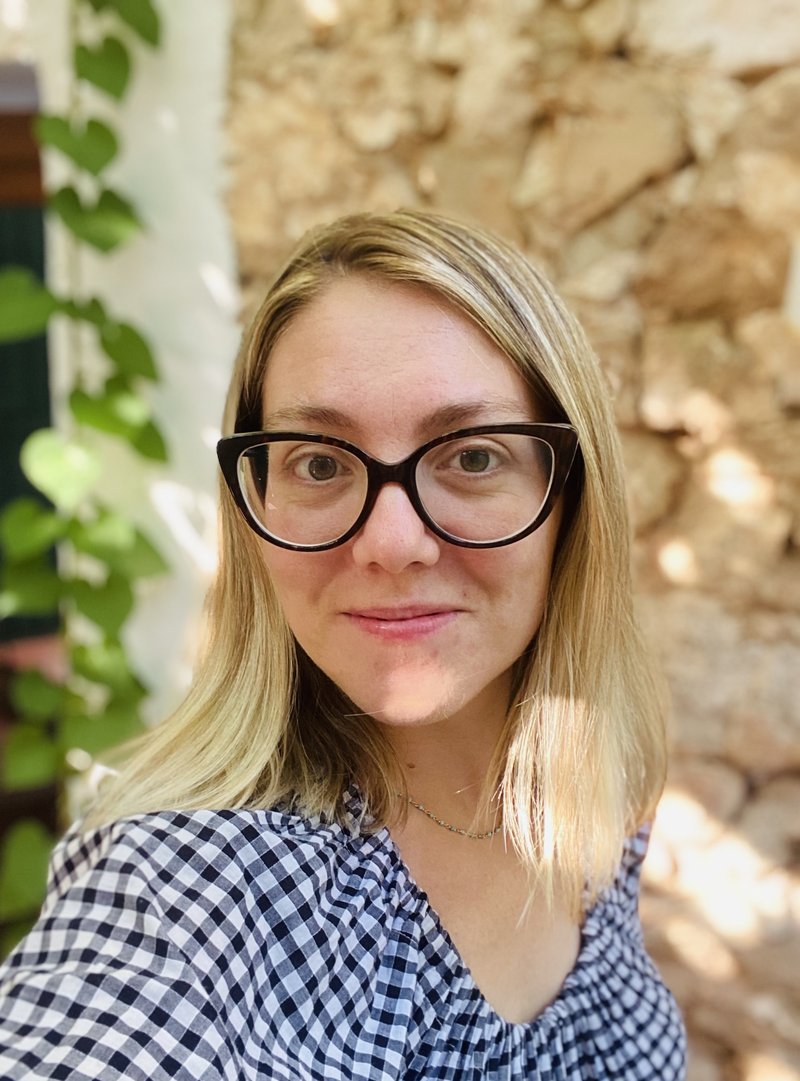Jodie DiNapoli

In 2022, 41 contemporary art curators, researchers, and museum directors from 24 different countries were awarded to attend the CIMAM 2022 Annual Conference. The CIMAM 2022 Annual Conference, titled "The Attentive Museum. Permeable Practices for a Common Ground", was held in Mallorca (Balearic Islands), Spain on 11–13 November, hosted by Es Baluard Museu d'Art Contemporani de Palma.
Jodie DiNapoli's Conference Report
Can we trust a museum to let the candles burn?
As part of a self-referential, if critical, ethos museums discuss themselves from within. Discussing museum issues with museum colleagues is, in fact, an enjoyable weakness because museums have had, and still have, a critical impact on my life. That is why, the CIMAM conference was a pleasure to take part in, as it allowed these discussions with colleagues to take place in a horizontal, open, and relaxed manner, and for four consecutive days no less!
Today, as I write this review, the tenor of my thoughts shifted from the inside to the outside of the contemporary art museum world. By and large, the conference speakers, which included the king of Spain, political representatives, a political scientist, many museum curators, museum managers, and artists, unanimously called for an increase in the social and political responsibility of museums to become approachable spaces, capable of being relevant to the environment in which they are located, as well as attentively responsive to those individuals comprising it, visiting it, and living and working in the area. In doing so, they were challenging old-fashioned narratives and policy discourse in favor of more up-to-date points of view that are both shaped and in the process of being shaped in tandem with their present context. This could be further incremented through participatory governance, as well as by unlearning acquired patterns in order to be able to learn from “the other”, a process that involves conceding vulnerability, and understanding so that, in this way, one may become stronger, more flexible and receptive to negotiation and to harnessing the potential derived from challenges and endeavoring to work beyond structures that debilitate one’s spirit rather than tap into the energy fueling a creative, life-learning process.
Agustín Pérez Rubio introduced to the discussion a famous quote by Audre Lore: “The master's tools will never dismantle the master's house.” That is to say, the master’s status is to be shared, for museums need “the other” if, as Borja Villel observed, they are to change things. But is a complete dismantlement necessary? Can a shared governance that co-imagines (with the other and the outside) new mechanisms, forms, and functions of already existing museums be possible? This process might be more challenging, but also more creative and real.
“The other” and “the outside” were mentioned as being instrumental to effect real change in museums as places for contemporary thought and action that bears social, political and, I might add, people-centered responsibility. However, I wonder if (and how) the outside is to be made aware of this key status in the equation, one of potentiality, and which even holds a kind of agency in this process. Artist Sethembile Msezane asked the audience: “Convince (us) that you know how to live! Let the candles burn!” If an artist who already has a close and sustained relationship with museums recognized and responded to the need for life in these spaces, how, I ask myself, does “the outside” world feel? As someone from the inside I can add that although many times museums do not officially let the candles burn, they can actually do so by being in contact with people. Extraordinary “greater than life” day-to-day instances are mostly an integral part of the essentially private being of a museum, though at times they go unrecognized by those with positions of power in the institution. Museums are undoubtedly trusted by society as keepers, but are they trusted as spaces that enable the creation of living culture?
Finally, in this context, otherness, and outsideness should always be taken as ongoing concepts, never static or absolute. Their conditions are defined through evolving negotiations. This is a significant subject matter that could warrant further discussion.